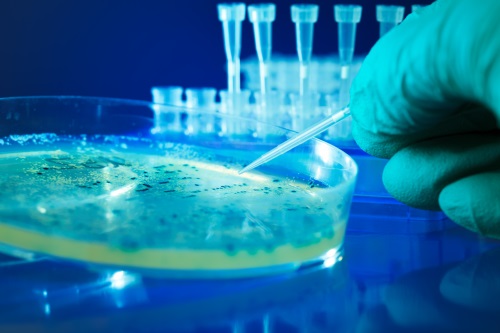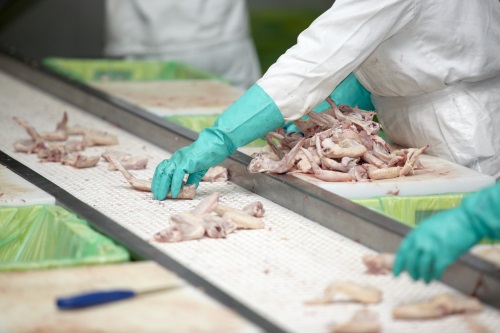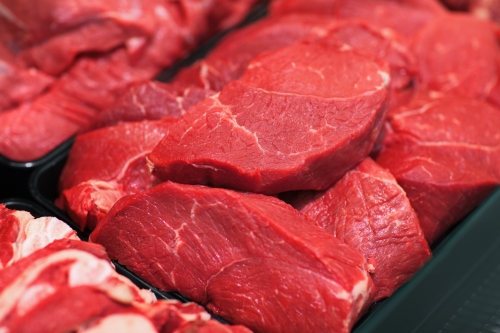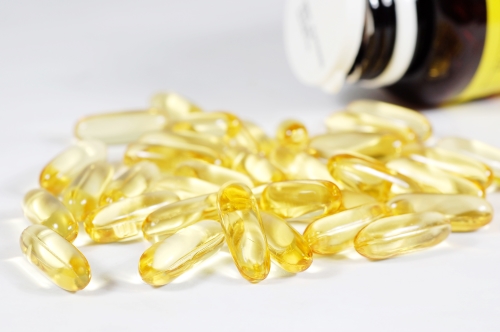On May 27, 2014, the news that two Cadbury products sold in Malaysia contained pork deoxyribonucleic acid (DNA) spread quickly through the halal food consuming and manufacturing community in the country and the rest of the world.
While the products in question were largely confined to Malaysia, consumers in the Middle East, the US and other parts of the world were concerned about Cadbury’s products.
This spread of information was further facilitated by today’s world of instantaneous communication, which often magnifies events beyond their areas of influence.
Certifying factory processes as halal
As certified halal products are manufactured under the supervision of a third party halal certifier, the certifier would have reviewed and approved all ingredients, the production process, sanitation process and products, packaging, storage, and logistics.
The certifier would have determined that these processes meet the requirements for halal certification.
Under those conditions, contamination with pork or other haram ingredients should not be possible in the manufactured products, indicating that the products leaving the plant should be genuinely halal.
Risks
There are some situations where a facility may produce both halal certified and non-halal products.
In some cases, the facility may also use pork-derived ingredients in some other products.
These are less favorable conditions for halal production, but with proper supervision and oversight, and with strict procedures and a halal assurance system, the facility may still be able to produce halal-certified products.
However, in such a facility, cross contamination may occur since pork-derived ingredients are present within the facility.
Possible false positive results in testing for pork DNA in food, beverages
Random laboratory testing of products for pork DNA is a relatively new development and testing instrument manufacturers and laboratories have been encouraging food and beverage importers to utilize the testing instruments in their halal assurance programs.
While the tests can detect pork DNA when it is present, they have also been known to show positive results, even with the absence of pork DNA in a product.
That seems to be the case with the Cadbury products, as follow-up testing has revealed.
Incidentally this is not the first time a false positive has been reported in other parts of the industry.
Unfortunately, once an initial positive result is announced to the public, consumer confidence in the products is shaken.
To restore consumer confidence, halal-certified food manufacturers and certifiers need to remove the products in question from the marketplace, investigate the entire manufacturing process, retest the products in question, and communicate the findings to the consumers as soon as possible.
Retesting should be done on the products removed from the marketplace, as well as the products leaving the plant to determine if contamination has occurred and if so, where it occurred.
Possible sources of contaminations in halal products
In a plant where there are no pork derived ingredients, the only possible source of contamination other than product tampering would be from the packaging, the machine lubricants, or the sanitation chemicals.
If the positive test results are found from products in retail rather than at the plant gate, the supply chain needs to be audited to determine where such tampering may have occurred.
In a facility that uses pork-derived materials in other non-halal products the halal assurance system and the halal critical control points need to be reviewed to prevent contamination from occurring.
Eliminating possibilities of contamination
The best way to eliminate the possibility of contamination of halal products with pork is to produce halal-certified products in a facility that is totally free of porcine elements and to ensure employees are trained in halal production requirements.
If a company produces both halal and non-halal certified products, it should shift its halal production to one facility that is free of pork-derived materials.
Producing halal and non-halal products under one roof
Producing halal-certified products in plants where porcine ingredients are used for the production of non-halal products is possible under proper supervision and control.
- Have designated production lines
Use separate production lines for halal-certified products and porcine containing products.
Halal-certified products should not be produced on common production lines with porcine containing products.
The lines should be dedicated to one product or the other.
These production lines are best isolated from one another with barriers separating the halal from non-halal lines.
- Manage raw materials, train staff consistently
Halal raw materials should be color coded so they are easily identified by plant personnel.
Conduct regular refresher courses for production line employees to maintain a high level of knowledge and awareness in the facility.
Quality assurance staff should regularly inspect the production line and scrutinize the entire process to ensure the halal assurance system is strictly adhered to.
Facility managers should avoid producing halal-certified products on common equipment where pork-derived ingredients are used to produce non-halal products.
They should also avoid self-certification of halal products.
A case of two facilities producing halal, non-halal beef
To certify beef or chicken as halal, the plant must employ Muslim slaughter workers who are in control of the line and slaughter all the animals/birds on the line, while observing the accepted Islamic methods of slaughter.
Beef should be slaughtered in facilities that do not produce any pork.
If these facilities produce non-halal beef, there must be cleaning procedures and isolation facilities to accommodate the halal-certified beef.
Previously, we had two facilities that were interested in producing halal and non-halal beef.
We suggested to both companies that they should produce all the beef as halal, which one chose to do so as it found that it could sell all their products as halal.
The facility hired Muslim slaughter men to slaughter all the cattle that were later processed.
In this case, the procedures did not require modification from previous production process since it remained the same, except for the hiring of Muslim slaughter men.
The facility had to be thoroughly cleaned and sanitized before the switch to complete halal production.
- Facility produces halal beef once a week, amidst non-halal production on other days
As for the other plant, it did not have sufficient business for halal beef and a part of its total output was sold as halal beef.
As the facility has determined that 25% of their business would be for halal beef, we suggested it to devote one day a week to only halal production, which the management said it was possible to execute.
The production procedures had to be modified to ensure the equipment was thoroughly cleaned and sanitized before the production day for halal beef.
It turned out the weekend was the best time for the facility to prepare itself to produce halal beef on Monday.
The facility designated a storage area for containing halal beef, which was cleaned over the weekend.
On Monday, qualified Muslim slaughter men were brought to the plant to produce halal beef, which the meat was set aside in the designated storage area.
All the halal meat produced was shipped out the following day and the designated storage area was used for non-halal beef production on Wednesday.
When the next weekend came, the designated storage area would be empty and prepared for Monday’s halal beef production.
The halal assurance system documented the procedures for cleaning, designating the halal cooler, and critical control points were added to ensure the weekend cleaning met its requirements.
Facility producing halal, non-halal supplements using gelatin capsules
A nutritional supplement manufacturer had wanted to produce halal supplements using gelatin capsules, which requires halal certified gelatin capsules.
We worked with the management to source the halal certified gelatin capsules from one of our certified gelatin manufacturers.
In this case, only part of the production would be halal certified.
As the company had three production lines, one of them was designated for halal production.
The halal gelatin was color coded so there could be no mistaking regular gelatin for halal gelatin.
The procedures were modified to include critical control points to ensure the correct gelatin was used in the manufacturing process, there was no shared equipment with non-halal product, and the product was sealed and labeled properly.
In the warehouse, as an added precaution, the halal products had to be stored on the top shelves or in designated areas to prevent possible mixing up with non-halal products.
Ensuring a halal production environment
In all the above cases, the key principle was to keep the production lines porcine-free.
If there is pork in the facility, it cannot be used on the halal lines.
The facility is also required to perform a polymerase chain reaction test for pork DNA in its products.
The facility should be vigilant in other areas where possible pork DNA contamination may occur, such as packaging materials and machine lubricants used.
Include procedures and halal critical control points in the production process to prevent possible contamination from happening.
While color coding of materials and products is encouraged, all food contact surfaces must be free from animal-derived materials.
Story by Muhammad Munir Chaudry, PhD, president, Islamic Food and Nutrition Council of America.














